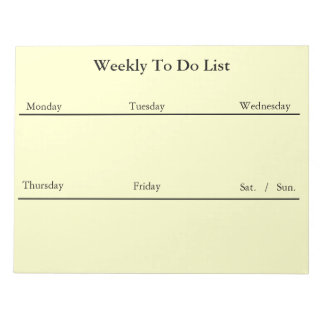If you've relied on regular telephone conversations and assessments by other closer-living relatives to gauge their well being, the upcoming holiday visit may be revealing. Absence - even for a short period - often allows us to observe a situation through new eyes. I know, I've been there myself.
I lived 200 miles from my mother who lived alone after my father passed away. Shortly thereafter, mom started showing signs of a decline. To honor her wishes by staying in her own home, I needed to know when it was time to bring in outside help.
I kept a close eye on the following areas during each visit:
Physical Changes
Was she losing or gaining weight? Was she sleeping too much? Was she sleeping too little? How was her balance? Was she walking with any discomfort, or was she unsteady on her feet? (Note: certain medications can cause joint or muscle issues.) When there were concerns, I made sure they were addressed with her primary care doctor. If I noticed any sudden odd behavior, I quickly checked with her doctor to see if it was a urinary tract infection (UTI); very prevalent in elders and easily resolved with antibiotics. (Discover how a urinary tract infection can cause dementia in aging adults)
Emotional Well-Being
I took notice of whether she was still engaged in her normal routines, such as grocery shopping, preparing meals, basic housekeeping, reading the newspaper and personal hygiene. Was she still socially engaged with friends and family? Still going to church on Saturday? Still seeing the hairdresser on Friday? Once there were obvious signs of decline in these daily activities, I knew it was time to seek outside help with a home health aide. Luckily, I was able to get an excellent referral from a relative. (In case you don't know someone who can give you a referral, here are a few tips for how to find the right home health care agency)
Medications
Like many elders, my mother did not like medications. This was very obvious as she had expired and unused prescription bottles strewn throughout the house. This was one of the first areas that I got help with. I started by asking a neighbor to keep an eye on things, then, later I hired a caregiver. On each doctor's visit I obtained an updated medications list and posted a copy on her fridge and in her wallet -- very handy in case of an emergency. (Learn why you should always add identification to an elder's emergency plan)
Home Environment
I took a look to see if and when the bills were getting paid.Once I started finding bills unopened, or tucked between sofa cushions, I knew it was time to step in and help.Since I was already on my mother's checking account and also had Power of Attorney (POA), I had the bills mailed directly to me, ensuring they were all in one place and paid on time.I also paid close attention to the stove being shut off. When mom kept leaving it on, it was time to disconnect it and let the caregiver take over the meal preparation.
Steps to take:
If you see a pattern of decline in your loved one, but you're not sure where to start, I suggest beginning the initial conversation by mentioning what concerns you have, as well as the measures you can take to make things better.
- Discuss the idea of a having a health assessment done by your loved one's primary care physician.
- Your loved one may need help with housecleaning or bill paying. Ask them how they would feel about having a home health aide visit a couple times a week? I was able to convince my mother of this by reminding her that keeping her healthy and safe would allow her to stay living in her own home.
- Maybe you loved one has some legal questions, and would benefit from making an appointment with an attorney – preferably one who specializes in elder law.My mother's attorney was very helpful in so many areas.
- Identify resources that can be your eyes and ears when you go back home. This list may include neighbors, family and friends.Make sure everyone on the list has your contact information, in case of an emergency.
- Pay a visit to the local Council on Aging or Town Hall to learn more about resources and services available in your loved one's community.
 Dementia Signage for the Home
Dementia Signage for the Home
_____________________________
Dementia Signage for the Home
$22.75 - EZ-C Bright Green 3 Ring Binder






No comments:
Post a Comment